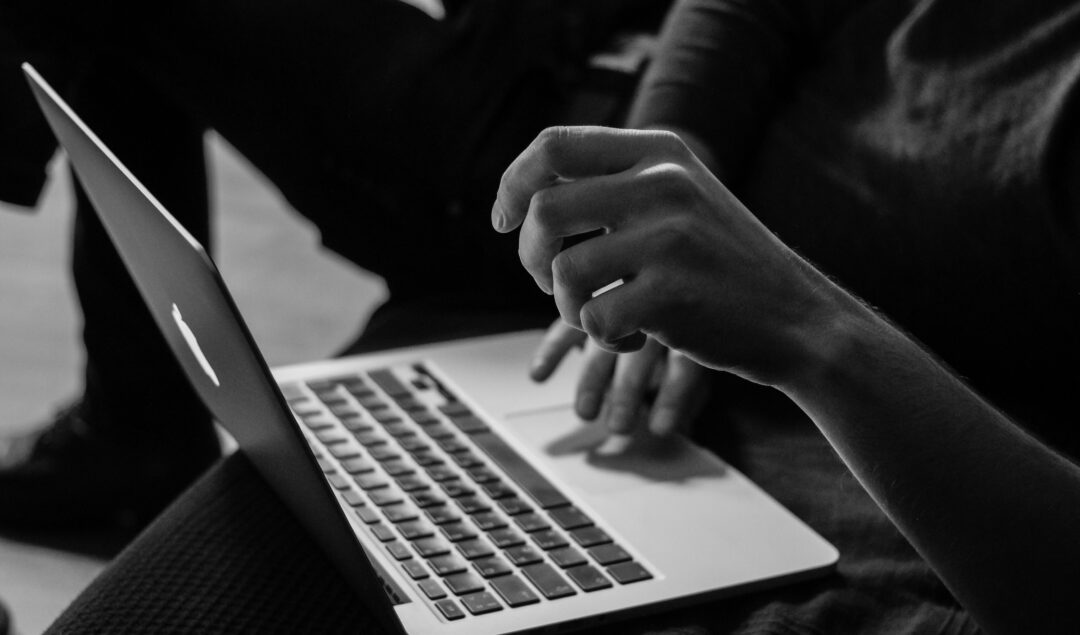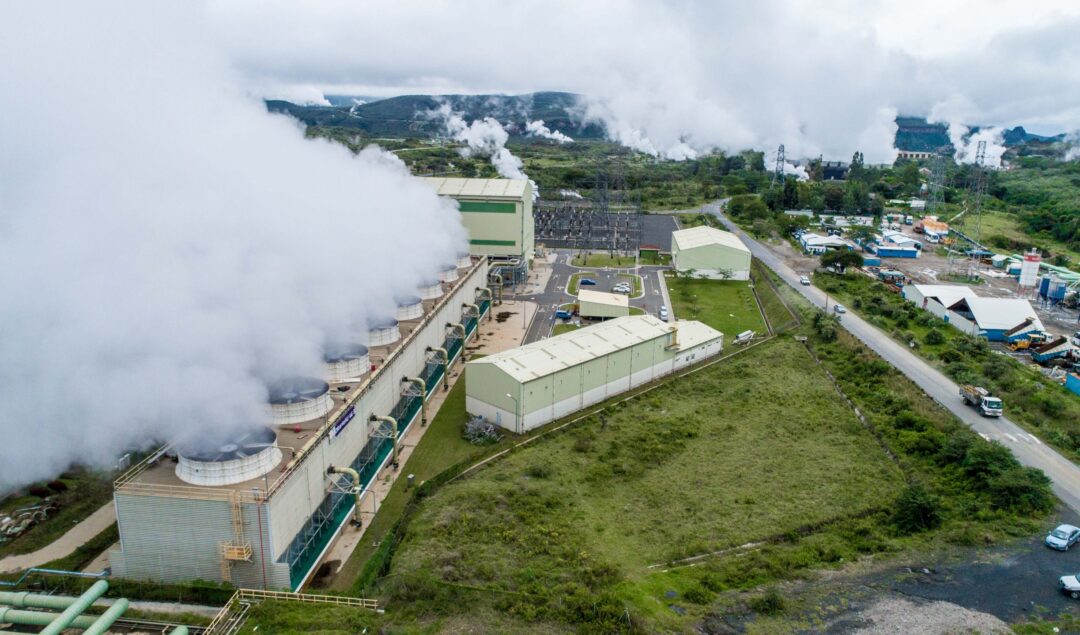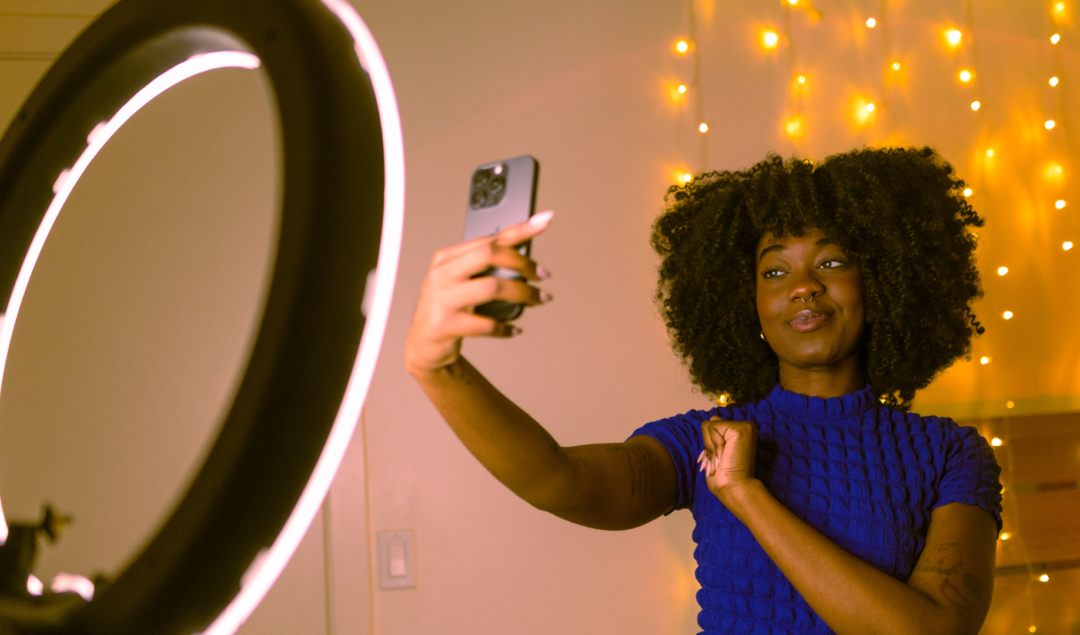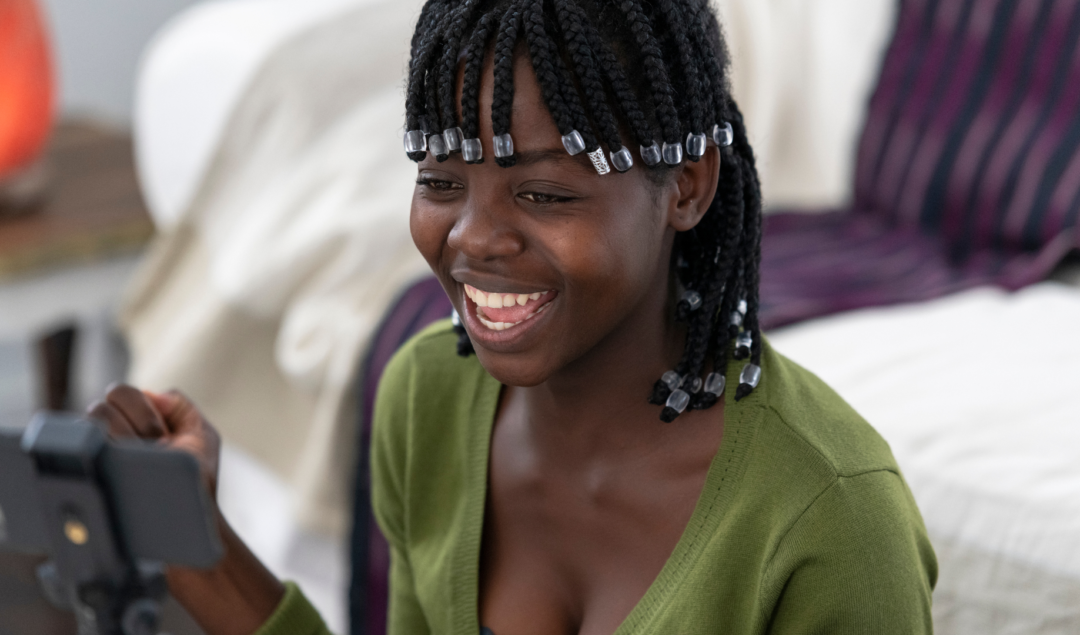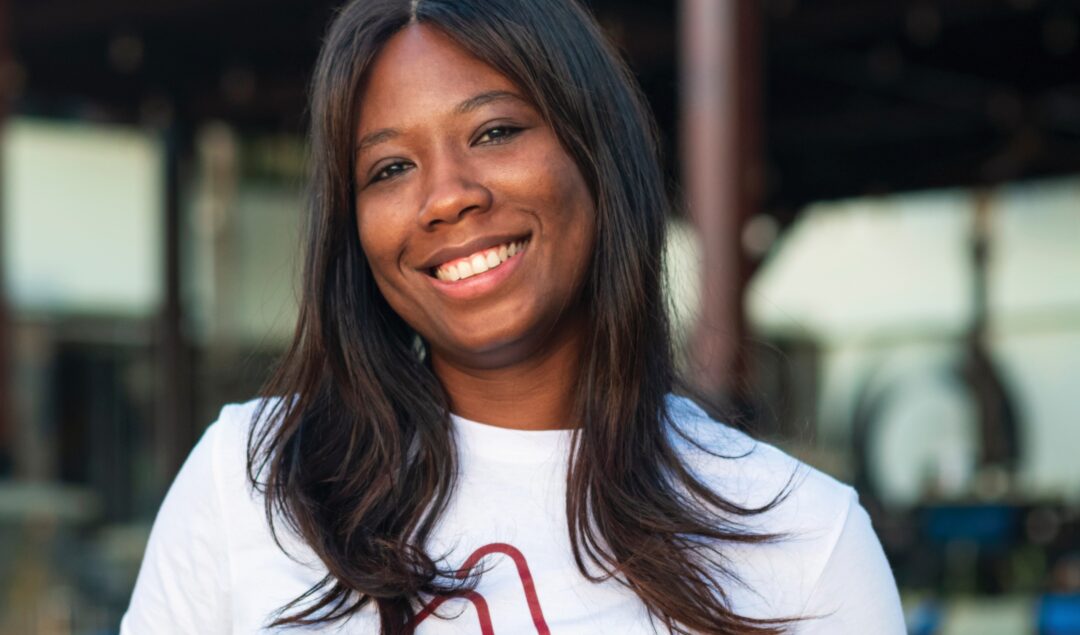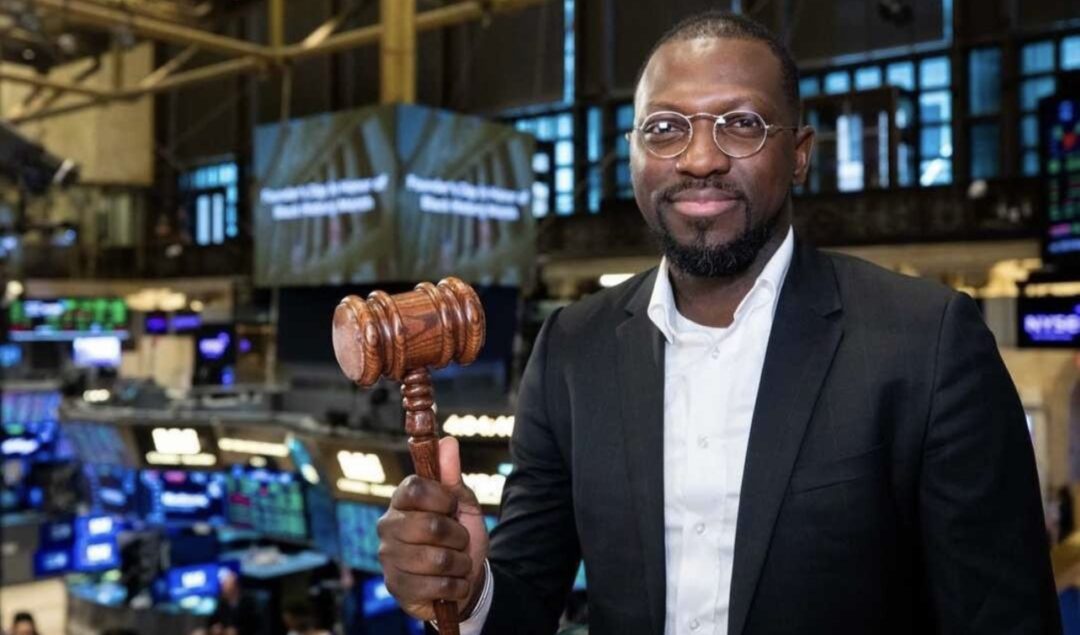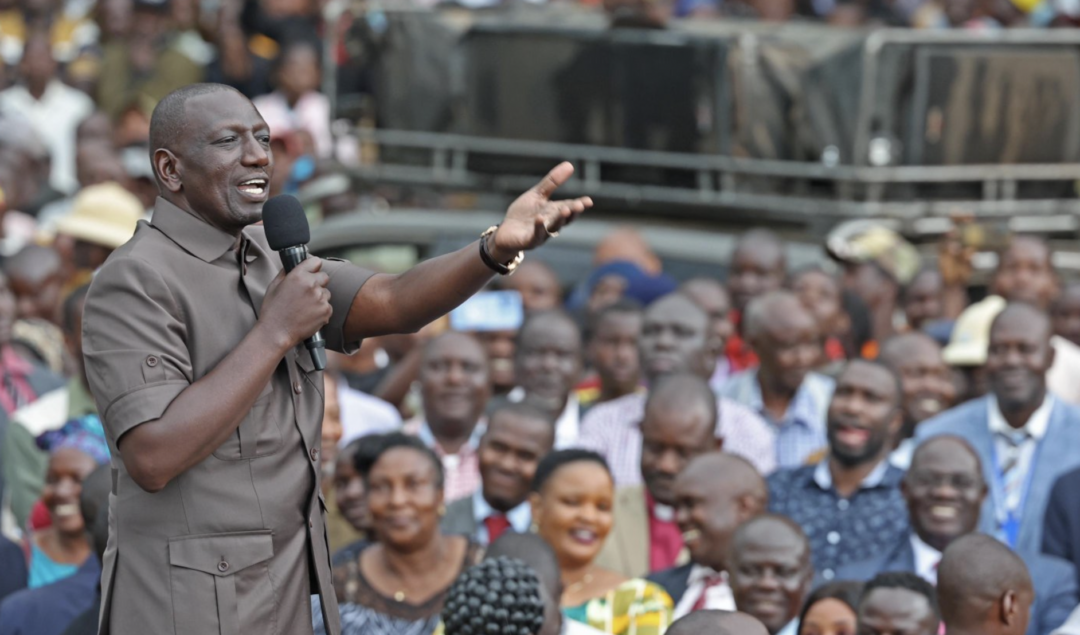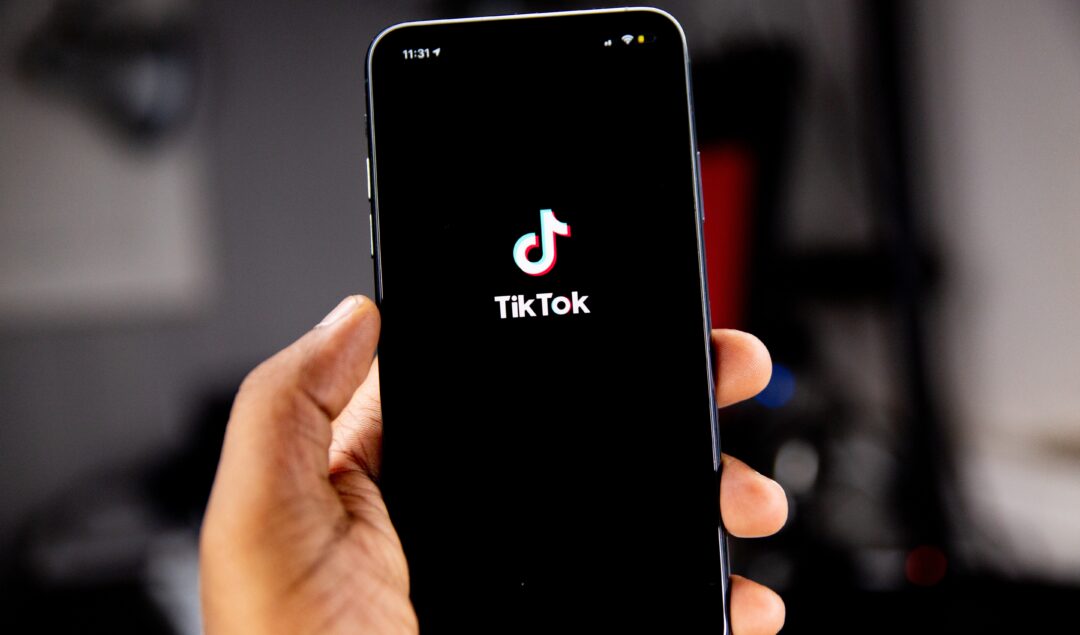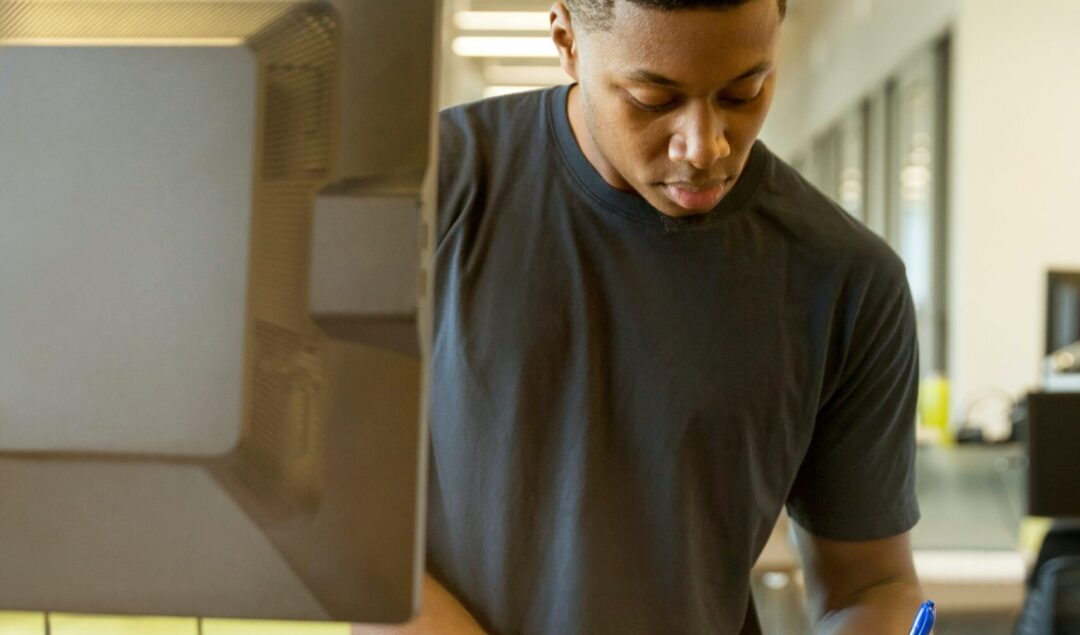Uncover, a Kenyan data-driven skincare brand, has successfully closed a $1.4 million seed II funding round to accelerate the growth of its innovative tech platform, introduce new products, and expand its market presence. This round, co-led by EQ2 Ventures and IgniteXL Ventures, saw participation from notable investors such as Chui Ventures, Samata Capital, and Altree Capital. Driving Personalization Through Data Founded in 2021 by Sneha Mehta (CEO), Jade Oyateru (COO), and Catherine Lee, Uncover has distinguished itself in the beauty industry by focusing on the unique skin care needs of
Data workers are exposing the severity of exploitation in the tech and AI industry through the Data Workers’ Inquiry. As part of the community-based research project, 15 data workers joined the Distributed AI Research (DAIR) Institute as community researchers to lead their own inquiry in their respective workplaces. Funded by the Distributed Artificial Intelligence Research (DAIR) Institute, Weizenbaum Institute, and Technische Universität Berlin, the project sheds light on labor conditions and widespread practices in the AI industry. The Plight of African Content Moderators Fasica Berhane Gebrekidan, an ex-content moderator for
Microsoft Corp. and G42, a leading artificial intelligence firm from the United Arab Emirates, have unveiled plans to build a $1 billion geothermal-powered data center in Kenya. This project marks the initial phase of a multiyear strategy to boost cloud-computing capacity in East Africa. Harnessing Geothermal Energy for Sustainable Development The data center will be constructed in Olkaria, an area rich in geothermal resources, making it an ideal location for a sustainable energy project. G42 will lead the initial investment and oversee the facility’s construction. In its first phase, it
Meta Platforms Incorporated recently announced that it will enable content creators in Nigeria and Kenya to monetize their content on Instagram and Facebook starting June 2024. Monetizing Instagram Content Spearheaded by Nick Clegg, President of Global Affairs at Meta, this initiative aligns with the growing recognition of Africa’s digital potential. Meta will introduce a feature on its Instagram app in June, allowing Nigerian creators to monetize their content and earn a living using it. Creators can run ads in-stream and engage with an international audience. “Nigerian creators have global reach,” Nick Clegg, the company’s President of
Kenyan President William Ruto has announced that Meta has agreed to monetize content in Kenya, benefitting the country’s creators. Following a year-long negotiation with the Kenyan government, Facebook and Instagram content creators will begin earning from these Meta platforms. Paying Kenyan Content Creators The President revealed that Meta had run a pilot program with eligible Kenyan content creators. “I have good news for our creatives and those who imagine and produce content through Facebook and Instagram,” Ruto said during the Jamhuri Day celebrations at Uhuru Gardens in Nairobi. “Just yesterday, Meta committed
Kenya-based climate-tech startup Amini has raised $4 million in a seed funding round led by Salesforce Ventures and the Female Founders Fund. Solving Africa’s Environmental Data Gap Amini focuses on solving Africa’s environmental data gap through AI and satellite technology. Founded by Kate Kallot, Amini has developed a holistic solution. It utilizes AI and space technologies at scale to drive systemic change and promote economic inclusivity for farmers and supply chain resilience across Africa. By fixing Africa’s data gap, they want to make it a more prosperous, equitable, and safe
A Kenyan High Court has reportedly granted the Asset Recovery Agency’s (ARA) request to drop its final lawsuit against Flutterware, a Nigerian payment company. A Re-Run Of Flutterwave To Date Flutterwave was founded in 2016 and achieved unicorn status in 2021, leaving it valued at $3 billion by February 2022. This made the company the most valuable African startup before facing several allegations and reports of the CEO Olugbenga Agboola bullying and harassing staff. There were also allegations that Agboola illegally exploited assets, participated in financial impropriety, and operated without
Kenyan President William Ruto announced that offensive or inappropriate content will be removed from TikTok after a virtual meeting with TikTok’s CEO. TikTok and the Kenyan Government According to the Reuters Institue Digital News Report 2023, Kenya has the highest TikTok usage rate worldwide, with 54% of users in the country using the app for general purposes and 29% for news. During the virtual call with TikTok CEO Shou Zi Chew, it was agreed that TikTok will collaborate with the Kenyan government to review and monitor its content. The collab
A leaked internal document from TikTok revealed that the company is preparing for scrutiny over the treatment of its outsourced content moderators in Kenya. Kenyan Content Moderators Sue Meta Last month, a court in Kenya issued a landmark ruling against Meta, deeming the US tech giant the “true employer” of its outsourced content moderators. Hundreds of content moderators in Nairobi go through posts and images to filter out violence, hate speech, and other disturbing content. This ruling now allows Meta to be sued in Kenya for labor rights violations, despite
Kenyan content moderators who removed harmful content produced by OpenAI’s chatbot, ChatGPT, have petitioned the country’s lawmakers to investigate the nature of their work. The petitioners are calling for an investigation into the “nature of the work, the conditions of the work, and the operations” of the Big Tech companies that outsource services in Kenya through companies like Sama. Sama has been hit with several litigations on alleged exploitation, union-busting, and illegal mass layoffs of content moderators. The workers are asking lawmakers to “regulate the outsourcing of harmful and dangerous


